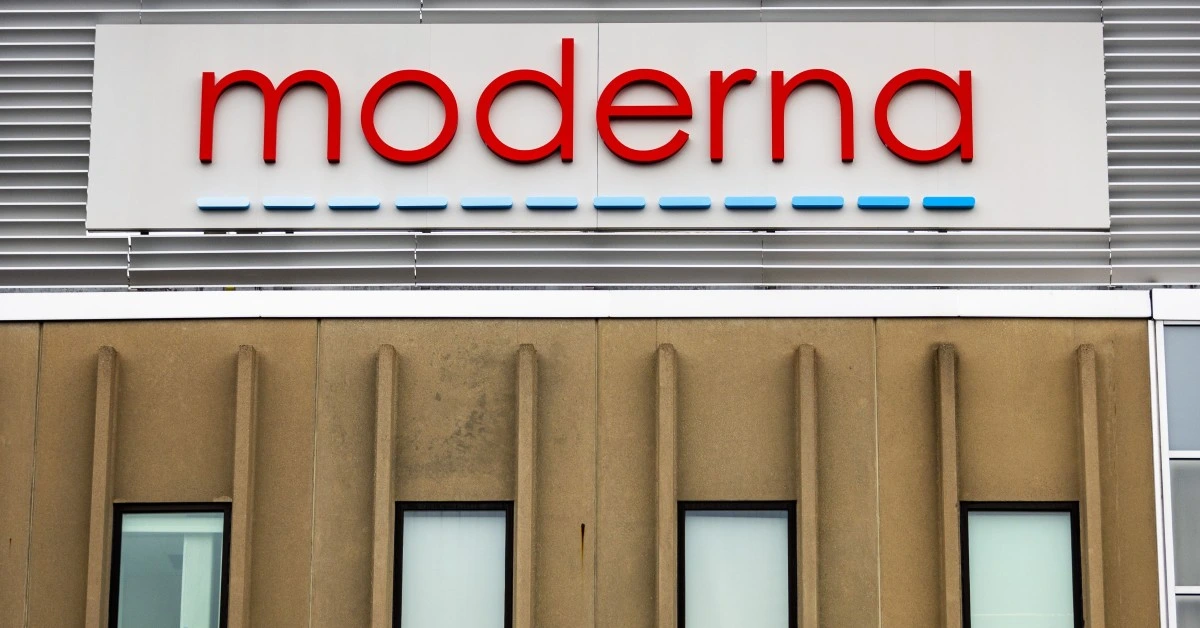
USA – Moderna, once a leader in the COVID-19 vaccine market, is struggling to maintain momentum.
A US $590 million US government contract for developing mRNA vaccines against pandemic influenza, including bird flu, had offered some relief.
However, according to a Bloomberg report, the Department of Health and Human Services (HHS) is now reviewing the funding, potentially canceling it as part of a broader effort to reassess mRNA vaccine spending.
Government scrutiny and policy shifts
An HHS spokesperson emphasized that while pandemic preparedness is critical, the Biden administration’s oversight failures have made it necessary to review vaccine agreements.
This development comes amid significant policy changes at HHS, particularly after Robert F. Kennedy Jr., a well-known vaccine skeptic, took office as HHS secretary.
Since his appointment, key vaccine-related meetings have been affected. A CDC vaccine advisory committee meeting was postponed indefinitely, and the FDA canceled discussions on flu vaccine strain selection.
Additionally, widespread layoffs have hit both agencies, raising concerns about the future of infectious disease control.
Moderna’s financial struggles
Moderna has been facing declining vaccine sales. In the fourth quarter of 2024, the company reported US $966 million in revenue, a sharp drop from the US $2.8 billion it earned in the same period the previous year.
With diminished demand for COVID vaccines, the company has been forced to cut costs aggressively.
To manage losses, Moderna reduced operating expenses by 21%, bringing them down to US $2.2 billion from US $2.8 billion in the previous year.
CEO Stéphane Bancel has set a target to cut an additional US $1 billion in costs by the end of 2025.
Lack of a revenue-driving breakthrough
While cost-cutting improves financial stability, it doesn’t solve Moderna’s core challenge: a lack of a major revenue-generating product.
Investors who were once drawn to the company’s rapid growth now face uncertainty about its long-term prospects.
Moderna is working on an updated COVID vaccine and a flu/COVID combination shot, but neither is expected to be a major revenue driver.
The biggest hope for the company is its personalized cancer vaccine being developed with Merck. However, cancer treatments have a high failure rate, making it a risky bet for investors.
XRP HEALTHCARE L.L.C | License Number: 2312867.01 | Dubai | © Copyright 2025 | All Rights Reserved